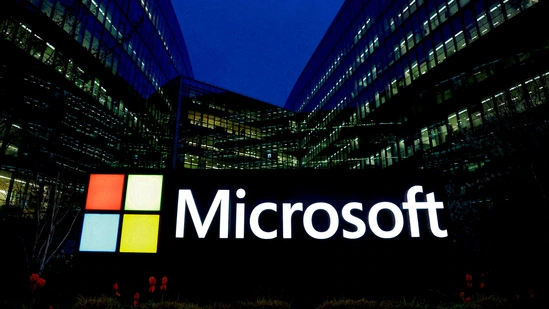In recent developments, Microsoft has faced a series of challenges and changes that have impacted its services and user base. From unexpected Azure outages caused by a cyberattack to the removal of ads from Skype and the push for stronger AI protections, the company is navigating a complex digital environs.
What’s Happening & Why This Matters
Azure Outage Due to DDoS Attack
Microsoft recently experienced a major disruption when its Azure cloud service was taken offline for several hours due to a Distributed Denial of Service (DDoS) attack. The attack flooded Microsoft’s networks with an overwhelming amount of traffic, which not only disrupted access to Azure but also affected Microsoft 365 services globally.
Although Microsoft’s DDoS protection mechanisms were activated, an error in the implementation of these defenses amplified the impact rather than mitigating it. The outage began around 7:45 a.m. EST and continued until 2 p.m., despite efforts to resolve the issue through network configuration changes. This incident underscores the growing threat of DDoS attacks, with a similar assault recently reported by France-based OVHCloud, which faced an attack reaching 840 million packets per second.
The source of the attack on Microsoft remains unclear, though two hacktivist groups have claimed responsibility. Microsoft has promised to release a preliminary review of the incident within 72 hours, followed by a more detailed report after completing its internal investigation.
Skype Goes Ad-Free

A decision that pleases many of its users, Microsoft has removed all ads from its Skype platform. This update, part of the Skype 8.125.76.201 release, enhances the user experience by providing a cleaner, uninterrupted environment for video calls and chats. Alongside this change, Microsoft has also improved the AI Image Creation tool for Skype Desktop and integrated OneAuth for iOS, making it easier for users to sign in automatically if they are already logged into other Microsoft apps.
AI Protections: Microsoft’s New Push
Microsoft is also taking steps to address the potential misuse of artificial intelligence (AI) technologies, particularly in generating deepfakes and other harmful content. The company has published a 52-page whitepaper titled “Protecting the Public from Abusive AI-Generated Content” that outlines both the measures Microsoft is implementing and the legislative support it seeks from lawmakers.
Key proposals include the introduction of a “deepfake fraud statute” to combat AI-fabricated frauds and the revision of existing laws to cover AI-generated child sexual abuse material (CSAM) and non-consensual intimate imagery (NCII). Microsoft is also advocating for a federal law that would require AI providers to label synthetic content, similar to the existing Caller ID law.
Microsoft’s Vice Chair and President Brad Smith has been actively engaging with lawmakers to push for these protections, emphasizing the need for collective action to address the human problems exacerbated by AI technologies. At a recent Bipartisan Policy Center event, Smith argued that while tech companies have a role to play, legislative guardrails are essential to effectively combat the misuse of AI.
Despite bipartisan support for some aspects of these proposals, there is concern about the feasibility of implementing certain measures, such as mandatory labeling of AI-generated content. The debate continues as United States Congress considers various bills aimed at curbing the harmful effects of AI.
TF Summary: What’s Next
Microsoft’s recent spate of challenges show the complexities of digital innovation operations. The Azure outage reveals vulnerabilities in even the most robust systems, while the ad-free update to Skype balances a commitment to positive user experiences. Microsoft’s push for stronger AI protections attempts to deliver proactive measures that address the risks associated with these new technologies. Microsoft’s strategic roadmaps will be crucial to measure planned initiatives’ progress and whether they effectively mitigate the challenges posed by cyberattacks and AI misuse.
— Text-to-Speech (TTS) provided by gspeech


